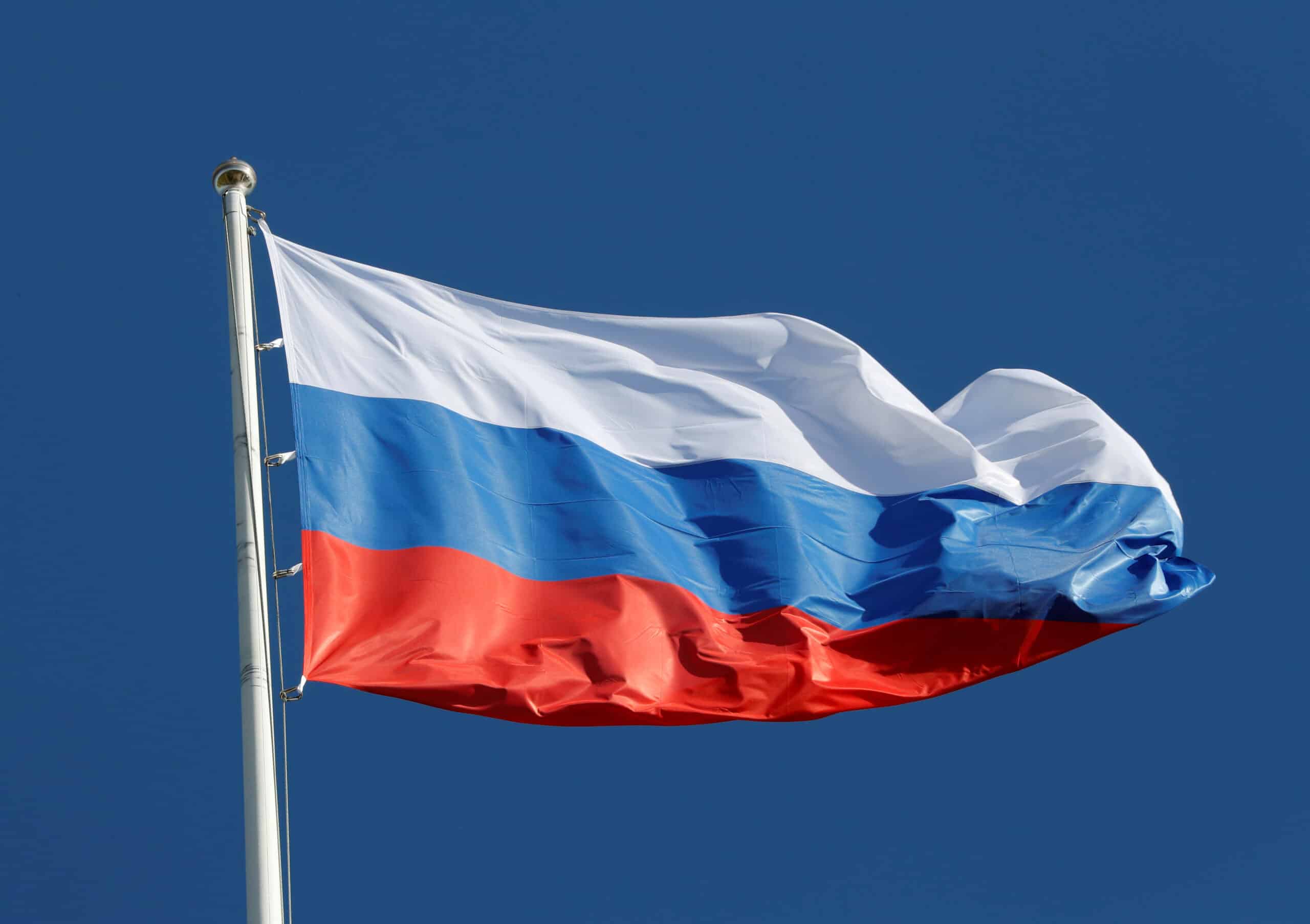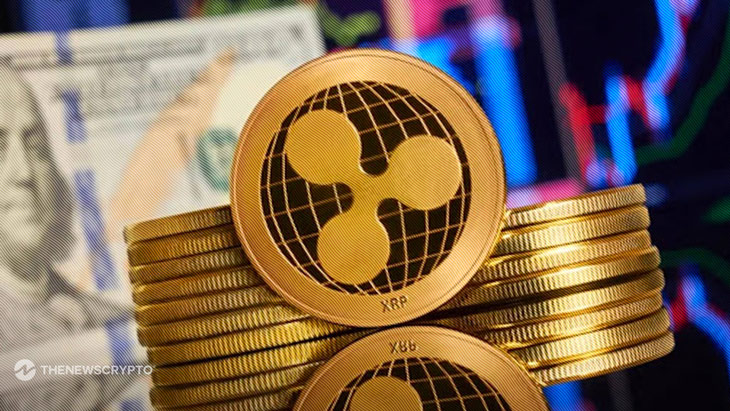 CaryptosHeadlines Media Has Launched Its Native Token CHT.
Airdrop Is Live For Everyone, Claim Instant 5000 CHT Tokens Worth Of $50 USDT.
Join the Airdrop at the official website,
CryptosHeadlinesToken.com
CaryptosHeadlines Media Has Launched Its Native Token CHT.
Airdrop Is Live For Everyone, Claim Instant 5000 CHT Tokens Worth Of $50 USDT.
Join the Airdrop at the official website,
CryptosHeadlinesToken.com
- Russia plans a three-year crypto experiment allowing only high-net-worth investors to trade directly under strict regulatory conditions.
- Central Bank aims to prevent informal crypto settlements by banning resident transactions outside the authorized legal framework.
The Central Bank of Russia has submitted a proposal to the national government to regulate cryptocurrency investments under a controlled structure. This move, instructed by the President of Russia, aims to introduce an experimental legal framework known as the Special Legal Regime (REE). The program, designed to run for three years, would only apply to a restricted group of investors.
Under this proposal, only “particularly qualified” individuals and entities would gain access to transactions involving cryptocurrencies. To receive this status, a person must have either invested over 100 million rubles in securities or deposits, or earned more than 50 million rubles in the previous year.
Companies already recognized as qualified investors under existing law would also qualify for participation. Financial institutions willing to engage in crypto-related activity must comply with regulatory requirements set by the Central Bank, which will consider the risks associated with this asset class.
The suggested legal framework seeks to improve transparency in the digital currency market and establish operational standards for service providers. It also aims to offer more investment options for experienced players who are prepared to handle the asset’s known volatility.
While Russia continues to keep cryptocurrencies inside the definition of legal tender, the Central Bank plans to ban all settlements in digital assets between residents unless they are conducted within the experimental regime.
Additionally, it proposes to introduce penalties for those who breach this limitation. These measures are designed to prevent broader use of crypto assets for domestic payments or informal exchanges that bypass official structures.
The initiative would also give qualified investors outside the experimental circle a separate path. They would be allowed to put money into settlement derivatives, securities, and digital financial assets tied to the value of cryptocurrencies—so long as the contracts do not involve the actual delivery of crypto tokens. This would let them speculate or hedge on the price of these assets without taking direct custody.
In this way, Russia is creating a two-tiered system. On one side, a small group of high-capacity investors would gain access to direct crypto trade under supervision. On the other, broader financial traders could engage with related instruments that do not involve holding the assets themselves.
Although the plan is still under discussion, it shows that Russia is testing ways to handle digital currencies without fully opening the market. The proposed framework reflects an attempt to manage exposure while gathering data on performance, behavior, and investor conduct within a set structure.













